The Kleros Mediation Bridge: Blending Traditional Mediation & Blockchain Arbitration
In a recent webinar, Sophie Nappert, co-founder of ArbTech, moderated the discussion on the innovative approach to dispute resolution known as the "Kleros Mediation Bridge." The webinar featured Federico Ast (President, Kleros), and Robert Dean (Associate Director, Driver Trett). The purpose of the webinar was to shed light on how Kleros, a decentralized justice platform, could be used in the context of mediation and arbitration to streamline dispute resolution processes.
Med-Arb: A Hybrid Dispute Resolution Process
Med-Arb, short for Mediation-Arbitration, is a hybrid dispute resolution process that combines elements of both mediation and arbitration. Mediation involves a neutral third party, the mediator, facilitating discussions between disputing parties to reach a voluntary settlement. However, if mediation fails to resolve all issues, those remaining may be sent to arbitration, a more formal process where an arbitrator makes binding decisions after hearing arguments and evidence.
Advantages of Med-Arb:
Cost and Time Efficiency: Med-Arb offers a streamlined, cost-effective, and time-efficient approach to dispute resolution, especially beneficial for parties seeking quick resolutions.
Flexibility: Parties have control over the process and can tailor procedures to their specific needs.
Two Opportunities for Resolution: If mediation fails, parties still have the assurance of arbitration for final resolution.
Challenges of Med-Arb:
Potential Bias and Impartiality Concerns: Parties may be concerned about the mediator's impartiality, especially if the same mediator acts as the arbitrator in case mediation fails.
Reduced Openness: Parties might be less open and transparent during mediation if they know that the same mediator could become the arbitrator.
Introducing the Kleros Mediation Bridge
The Kleros Mediation Bridge is a proposed solution to overcome the challenges of Med-Arb and provide a more efficient, cost-effective, and transparent dispute resolution process. It involves six stages:
Agreement: Parties agree to use the Kleros Mediation Bridge in their contract.
Issue Identification: A mediator helps break down complex disputes into specific issues.
Demand Formulation: Parties formulate their demands for each issue.
Evidence Gathering: Relevant documentation and evidence are gathered.
Negotiation: Parties negotiate for each issue, with successful resolutions leading to settlements.
Arbitration: Unresolved issues are sent to Claros arbitration, where a panel of experts makes binding decisions.
Benefits of the Kleros Mediation Bridge:
Cost-Effective: Kleros provides a low-cost dispute resolution mechanism, significantly reducing expenses compared to traditional methods.
Speedy Resolution: Disputes can be resolved quickly, often within days.
Transparency: Kleros operates on blockchain technology, ensuring transparency and trust in the process.
Innovative Jury Selection: Kleros allows anyone to become a juror, providing a fair and decentralized selection process.
Real-World Testing: To demonstrate the viability of the Kleros Mediation Bridge, a practical workshop was conducted involving mediation and arbitration experts. A complex dispute involving a space tourism company and a pharmaceutical giant was broken down into simpler issues and resolved using the Med-Arb approach.
In conclusion, the Kleros Mediation Bridge represents a promising approach to dispute resolution that combines the strengths of mediation and arbitration while addressing their challenges. With its cost-effectiveness, speed, and transparency, it offers a new paradigm for resolving disputes in various industries, providing parties with efficient and fair solutions.
Watch the full discussion below.
